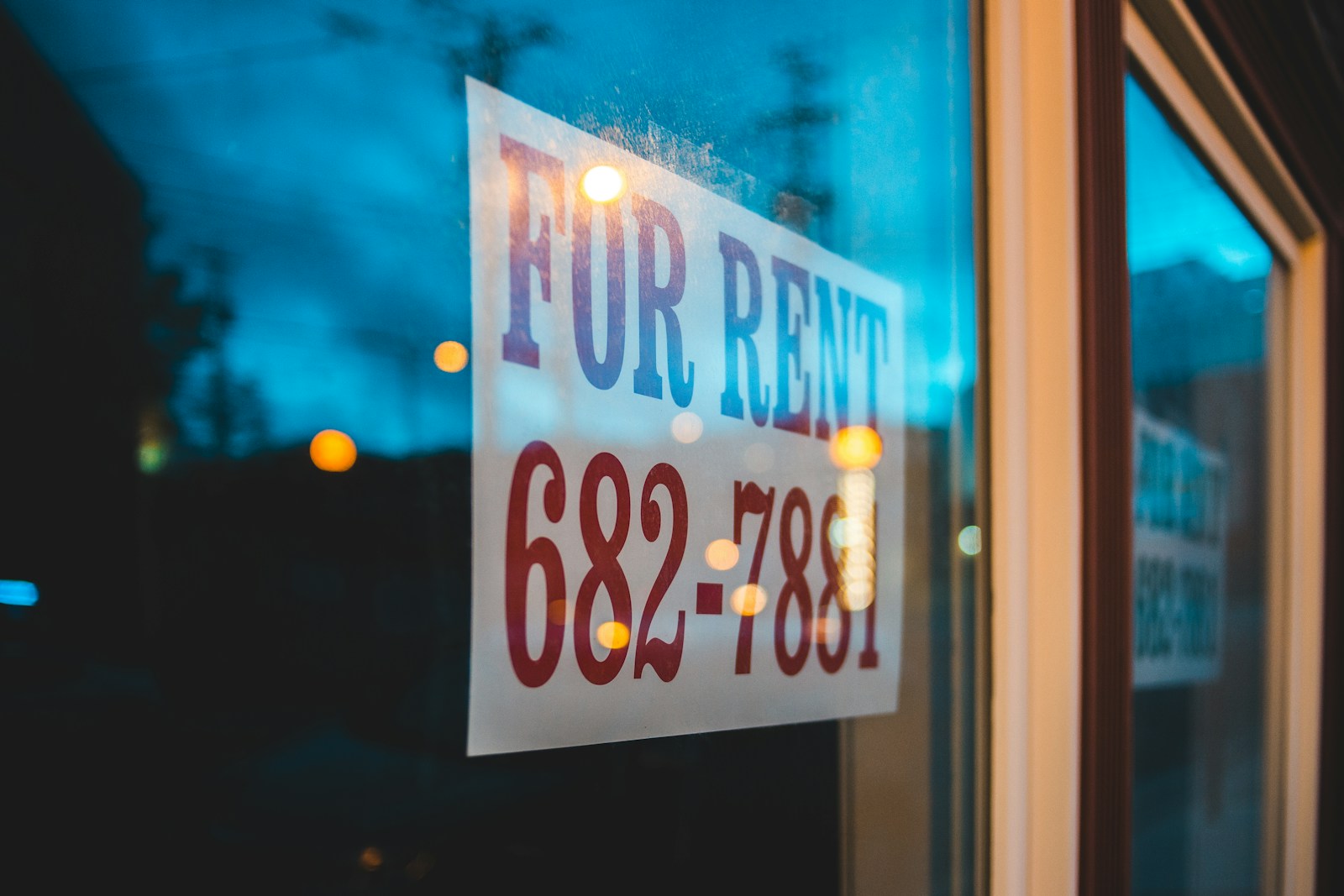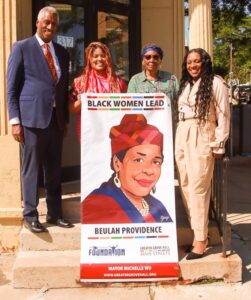In a review of eviction cases in Dallas County, it was discovered that the majority of tenants were unsuccessful in their cases, which resulted in them being evicted from their houses and putting a permanent mark on their record that made it more difficult for them to secure accommodation in the future.
By observing almost 1,300 eviction cases over the course of nearly six months, the Child Poverty Action Lab was able to provide a picture of how eviction cases play out that is rarely seen because courts publish very little public data.
However, when they do have a lawyer, renters fare substantially better than when they do not have legal assistance, according to the findings of the nonprofit organization. Their landlords are significantly more likely to consult with legal counsel. In addition, the study reveals that the process of evictions is carried out at a breakneck speed, with judges needing approximately four minutes, on average, to make a decision.
A request for an interview was made by KERA to the justices of the peace who preside over the three courts that were responsible for the majority of the cases that were observed. Judge Thomas Jones, Judge Adam Swartz, and Judge Sara Martinez would be the individuals in question. The request was sent by email, but no one responded.
In spite of the fact that CPAL does not advocate for particular legislation, campaigners for tenant rights have stated that the data gives additional proof of a system that is unfairly slanted in favor of landlords.
“This is America, where we believe in the rule of law, and we have hard data that shows the rule of law is a myth [in eviction courts,” said Mark Melton, whose Dallas ] Advocacy Center offers free legal assistance to renters who are facing eviction in Dallas County. Melton is the director of the center.
“This is the second release from an ongoing court observation study,” stated Brianna Harris, Director of Housing Initiatives for the Community Planning and Development (CPAL).
Harris explained that the project began as a pilot project with the goal of collecting, analyzing, and gaining a better understanding of how the eviction process develops for all parties involved, including renters, landlords, and property managers, as well as gaining a better understanding of the obstacles that stand in the way.
The influence of the attorney
The ongoing study is dependent on volunteer court observers, the majority of whom are law students from SMU. These observers monitor the length of time it takes for courts to hear cases on an eviction docket, the reason for the eviction claim, whether landlords or plaintiffs show up or have attorneys, whether a judge confirmed that the landlord properly served the tenant with a notice to vacate, and the outcome of the case.
During the period of November 2022 to April 2023, they watched around 1,300 eviction hearings that took place in five of Dallas County’s ten justice of the peace courts. This figure represents approximately 10% of all original eviction cases that were resolved in those courts.
59 percent of the cases that were seen were for nonpayment of rent, according to the findings of the study. There were more than a third of the situations in which the observer was unable to determine the reason for the eviction.
One of the most surprising findings was that tenants frequently do not have a lawyer to assist them in court, despite the fact that tenants who have legal representation have a significantly higher chance of winning, according to the findings of the CPAL study. When compared to renters who did not have lawyers, renters who did have lawyers lost their cases only seven percent of the time. On the other hand, renters who did not have lawyers lost their lawsuits and, in most cases, their homes.
On the other hand, only one out of every four tenants had a lawyer present. Roughly three out of every four landlords had legal counsel to represent them.





